Rikuto Fujimoto - Distant Landscapes (2024) [Hi-Res]
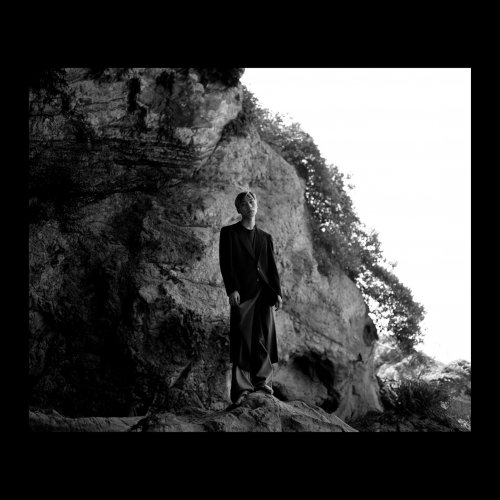
Artist: Rikuto Fujimoto
Title: Distant Landscapes
Year Of Release: 2024
Label: 130701
Genre: Classical
Quality: flac lossless (tracks) / flac 24bits - 96.0kHz
Total Time: 00:41:25
Total Size: 193 / 745 mb
WebSite: Album Preview
TracklistTitle: Distant Landscapes
Year Of Release: 2024
Label: 130701
Genre: Classical
Quality: flac lossless (tracks) / flac 24bits - 96.0kHz
Total Time: 00:41:25
Total Size: 193 / 745 mb
WebSite: Album Preview
01. Fujimoto Mebuki (Prelude)
02. Fujimoto Northern Meadow
03. Fujimoto A Table We Used to Gather
04. Fujimoto Seashell
05. Fujimoto Awai (Interlude)
06. Fujimoto Framed Memories
07. Fujimoto Intersection 1
08. Fujimoto A Bearing Tree
09. Fujimoto Afternoon At The Hidden Courtyard
10. Fujimoto Leaving Afar, Into The Blue
11. Fujimoto Forgotten Song
12. Fujimoto Michikake (Circle Sketch)
13. Fujimoto New Dawn
Distant Landscapes is the debut album by Rikuto Fujimoto, a suite of sometimes short pieces, based around the concept of memory. During the recording the compositions themselves were played from recall, since Rikuto purposely did not write any scores. It was a visit to his grandparents’ birthplace that sparked the project. Surprised to find that he was filled with feelings of nostalgia for somewhere that he’d never been before, he began to wonder about memories, mental landscapes, that we may have somehow inherited, that lie dormant, deep in the mind. How our family, surroundings, nature and nurture, and also our ancestors, help shape personal identity.
The carefully crafted, accomplished compositions are all centred on Rikuto’s solo piano and his unique vocalisations. Angelic and androgynous, these soar somewhere between a choirboy and Vashti Bunyan’s fragile “outsider” folk. Free of language, more concerned with emotions, sensual and abstract, they allow listeners to ascribe each “song” their own meaning. Or simply experience the long-player as a peaceful, calming wash. Here, Rikuto adds to FatCat’s catalogue of artists, such as Ian William Craig, who view the voice as not a narrative device, but rather another instrument. The pieces do, however, possess song-like structures, with a palette of particular pronunciations and vowels. Comparable, but in actuality unrelated to jazz scatting, Rikuto’s vocals have a lot more in common with Keith Jarrett and Glenn Gould’s passionate, unconscious, performances.
The opening prelude, Mebuki, is a celebration of spring. Translated the title means “awakening”, or “sprouting”, “budding”. While the playing could be considered classical, it’s muted and echoed. As if describing a scene that’s only half-remembered. Out of reach. The levels of reverb are similar, say, to those on Grouper’s Ruins, but the music carries none of that seminal record’s melancholy. Rikuto’s lyrics resemble a wordless lullaby, and the remembrances here, and throughout the album, are happy, and heartwarming.
Northern Meadow is a pastoral that aims to paint a picture of a morning breeze blowing through an Irish meadow. Ireland being somewhere that Rikuto would summer with his brother. The melody is haunting but light, and accompanied by the intimate hum of the room where it was recorded. The effect like the crackle of old vinyl, or a shellac 78. The music of Ethiopian nun, Emahoy Tsege Mariam Gebru, is a good reference point.
On A Table We Used To Gather Rikuto stretches toward falsetto and falls to whispers as he fondly recalls childhood family dinners. Generating a kindly, tender atmosphere, where he was cushioned, comforted by parents and siblings, his notes ringing with resonance. The air is that of Virginia Astley’s similarly themed classic, From Gardens Where We Feel Secure, and the “ambient”, new age-isms of Yumiko Morioka.
Seashell seems to hark after the romanticism of a bygone age. Reflecting a city kid’s longing for the sea, it features “found sounds” taped at Maizuru beach.
The interlude, Awai, dances delicately, but Rikuto calls it “chaotic”, saying that it mirrors his messed-up state of mind at the time, and that the word, hard to translate, kind of means “caught, confused, between one thing and another.”
According to Rikuto the soft and hushed Framed Memories is the set’s central composition. He explains, “I used a Steinway piano during the recording of the album. This song came to me the first time that I played the instrument. It’s the most recent song on the album, but it brought forth many recollections of my childhood, of when I was pure and innocent.”
Intersection 1 captures Rikuto’s current surroundings. While its rapid ripples warmly welcome you into his private, hermetic world, the environmental elements here include the rush and the roar of Tokyo traffic. Giving the impression that you’re hearing the piece as it plays from an open window on a busy street. Its goal is to provide the listener with a sense of the speed at which the city moves.
Rikuto’s piano production is largely untreated, but A Bearing Tree is the exception. Tiny snippets of backwards spinning sections occasionally breakthrough into this evocation of time spent picking oranges with his grandparents. A track that could otherwise be compared to the sensitive technique of the jazz giant, Bill Evans.
Beautiful, breathless, and floating, feather-like Afternoon At The Hidden Courtyard also travels back to a secret, magical place at his grandparents house.
Leaving Apart, Into The Blue is designed to convey both hope and anxiety. In Rikuto’s mind it comes with “an image of setting sail.” Musically it proves that traditional chords are still his primary tool. Its keys raining down like a gentle shower.
The folky Forgotten Song feels like it wants to take flight, but is somehow grounded like a tethered bird trying to fly.
The murmured and muttered Michikake (Circle Sketch) was written when Rikuto’s dog died, and uses this Japanese word for the waxing and waning of the moon to refer to the cycle of life. The cut further coloured by the flutter of field recorded autumnal leaf fall.
Whipped by winds, and a companion to Leaving Apart, Into The Blue, the closing New Dawn summons the sense of an idyllic yesterday, full of youth's optimism for tomorrow. With his eyes on the future, Rikuto is quite right when he says, “it’s the perfect song to end the album.”
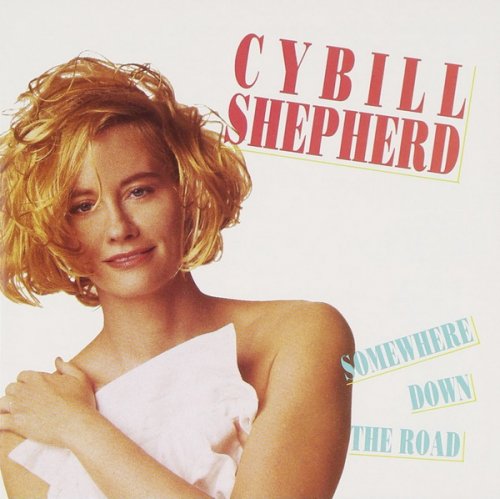
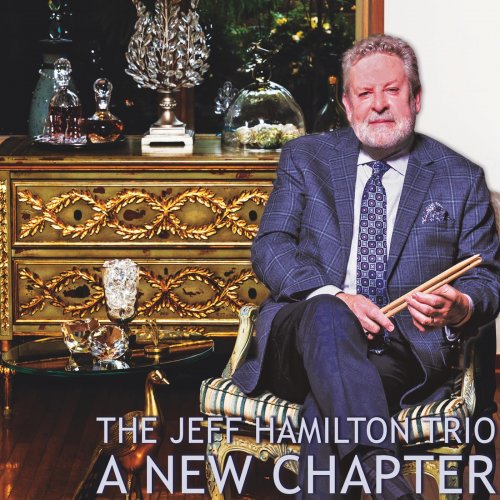
![Vivian Rosie - Twilight Voodoo (2026 Remaster) [Hi-Res] Vivian Rosie - Twilight Voodoo (2026 Remaster) [Hi-Res]](https://www.dibpic.com/uploads/posts/2026-02/1771389602_cover.jpg)
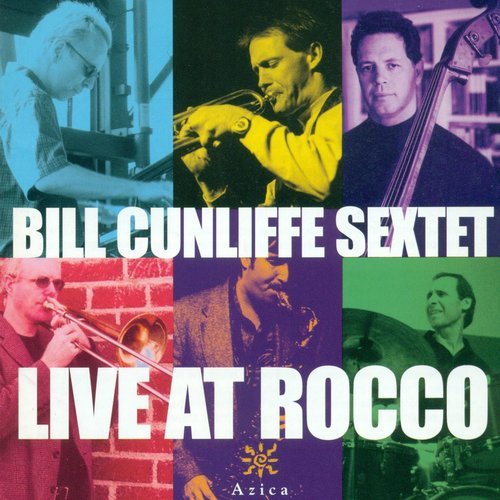
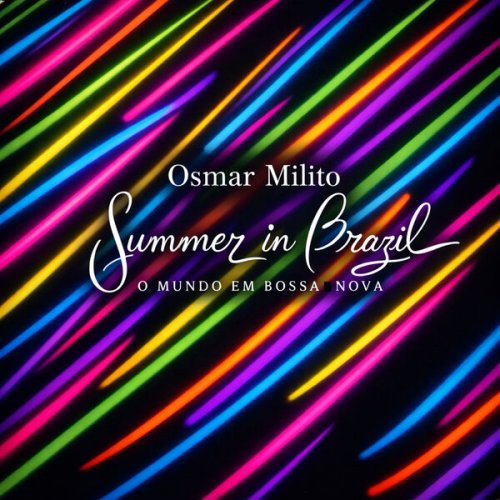
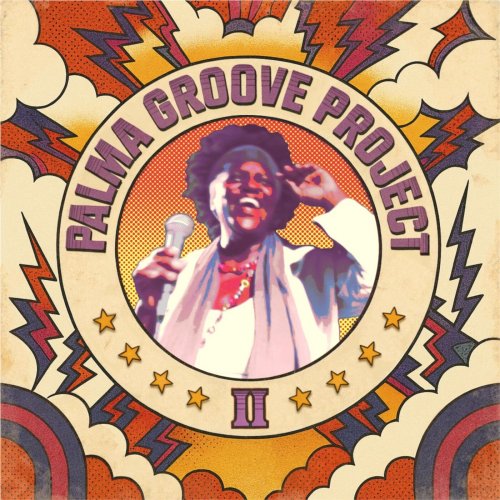
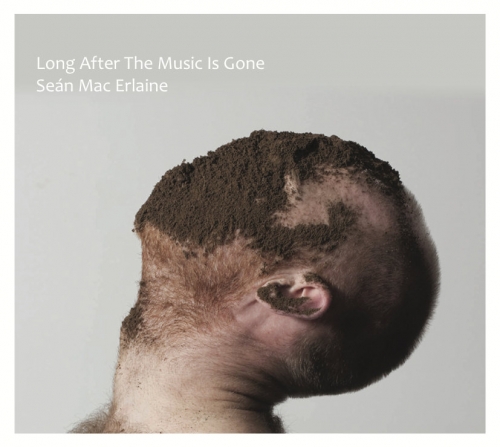

![Emanuele Pellegrini - Stories of Light and Dark (2026) [Hi-Res] Emanuele Pellegrini - Stories of Light and Dark (2026) [Hi-Res]](https://www.dibpic.com/uploads/posts/2026-02/1771347677_folder.jpg)